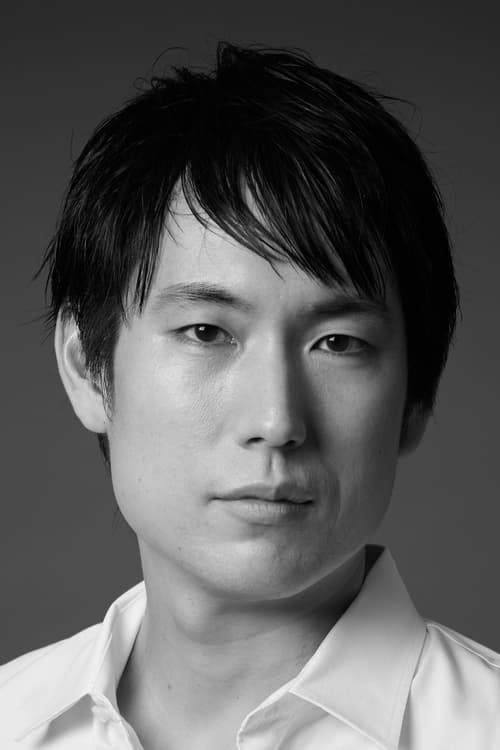Go Jibiki
Birth : 1976-05-07, Tokyo, Japan
History
Go Jibiki (地曵 豪, Jibiki Gō, May 7, 1976) is a Japanese actor and narrator from Tokyo. Since 2008, he has been freelance without belonging to any particular entertainment agency. He is 183 cm tall.

Tessan
Who can tell the scariest story? Three friends try to out wit each other on a camping trip in Hawaii. But only one can win The Story Game.
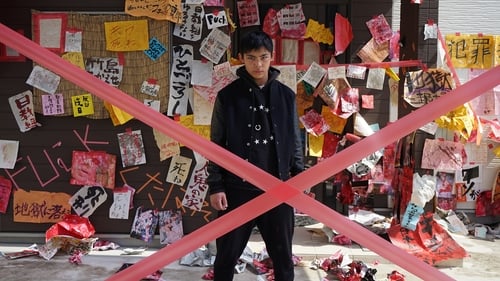
While fooling around with a self-made crossbow, Kira accidentally kills his classmate Itsuki. For lack of evidence, the young student is found innocent. However, his trial is widely covered by the mass media, and the following uproar from society won’t leave his family untouched.
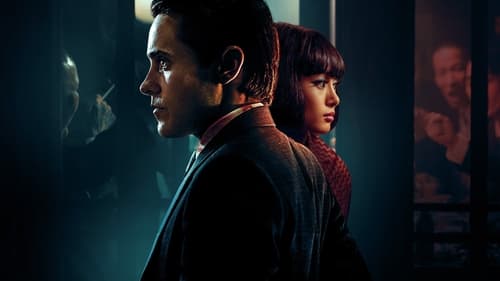
Eiichi
A former American G.I. joins a yakuza family after his release from prison in post-World War II Osaka.
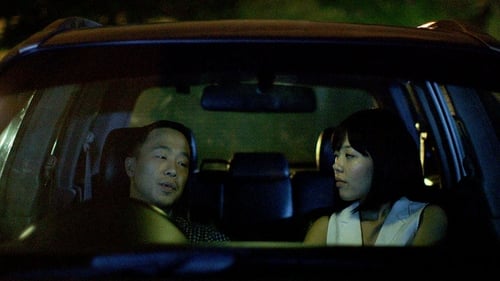
An omnibus film that compresses 16 hours into one, offering glimpses of what happens beyond the monotony from 9am to 5pm.
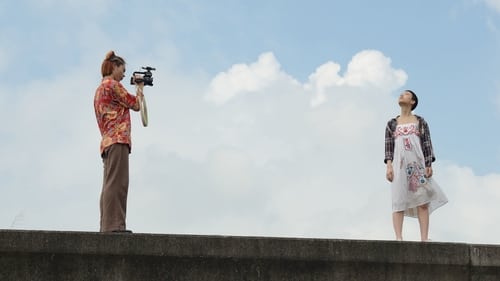
Tsuji-san
Chiyoko’s mother died when she was young. Since that time, Chiyoko has closed her heart to others. After her pet dies, Chiyoko feels loneliness. Her mother liked the Italian movie "La Strada." Due to movie study club senior, Masamune, Chiyoko is able to watch the Italian movie "La Strada," which her mother liked. Chiyoko soon acts in a movie directed by Masamune.
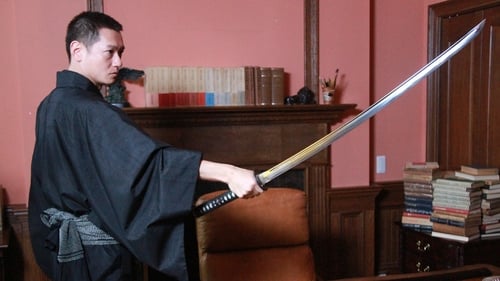
Kyoichi Fukuoka
On November 25th 1970, a man committed ritual suicide inside the Tokyo headquarters of the Japanese Ministry of Defence, leaving behind a legacy of masterpieces and a controversy that echoes to this day. The man was Yukio Mishima, one of Japan's greatest and most celebrated novelists. With four members of his own private army - the Tatenokai - Mishima had taken the commandant hostage and called upon the assembled military outside the Ministry to overthrow their society and restore the powers of the Emperor. When the soldiers mocked and jeered Mishima, he cut short his speech and withdrew to the commandant's office where he committed seppuku - the samurai warrior's death - tearing open his belly with a ceremonial knife before being beheaded by one of his colleagues. What was Mishima truly trying to express through his actions? And what did he witness during his final moments?

Seeking to exact revenge upon Yoji, Yukio travels to an area surrounded by the sea, desert and lava topped mountains. There, Yukio meets mysterious Rika and becomes enchanted by her presence. While, Yukio can't get Rika out of his mind, he faces off against Masakazu, a former subordinate of Yoji, and a detective chasing Rika.
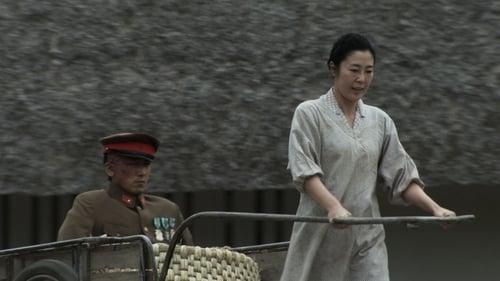
During the Second Sino-Japanese War, in 1940, Lieutenant Kurokawa returns home as a honored and decorated soldier but deprived of his arms and legs lost in battle. All hopes, from the villagers and women to close family members, turn to Shigeko, the Lieutenant's wife. She must honor the Emperor and the country in setting an example for all by fulfilling her duty and taking care of the 'god soldier'. Kurokawa prior to leaving to fight in the war regularly beat and berated his wife for her barrenness and inability to bring him a son. When he returns home as an amputee with no hearing and no speech, his wife dutifully attends to him, even though he shows little appreciation for her dedicated care. His main concerns are getting fed and getting sex. Even in his own degraded condition, he manages to berate his wife. Eventually, though, his own memories infiltrate and he is haunted by his horrible, sadistic deeds, performed while in the duty of the Japanese military.

A young woman is convinced that someone inhabit her house during the day.... She will quickly decide to buy a camera to record what is happening in her apartment during her absences.

A young woman is surprised to see that there is a bounty on her head on the Internet... A big reward is promised to anyone who would end her life before midnight. It is eleven o'clock in the evening when she sees the message. Does she have only one hour to live?

Tsuneo Mori
The film is told in three acts, beginning with a historical background of Japan's student movement of the 1960s and early 1970s, mostly using archive footage and a narrator. The second act follows the formation of the group to their mountain training camps in the southern Japanese Alps. It emphasizes the dogmatic (and eventually hypocritical) bullying of the group by Mori and Nagata, with 12 members being killed for infractions as small as improperly cleaning a gun, wearing make-up, and kissing. The third act shows the splitting up of the group after two members run off. It follows one group of five members to Karuizawa and a hostage-taking and police standoff known as the Asama-Sansō incident.

